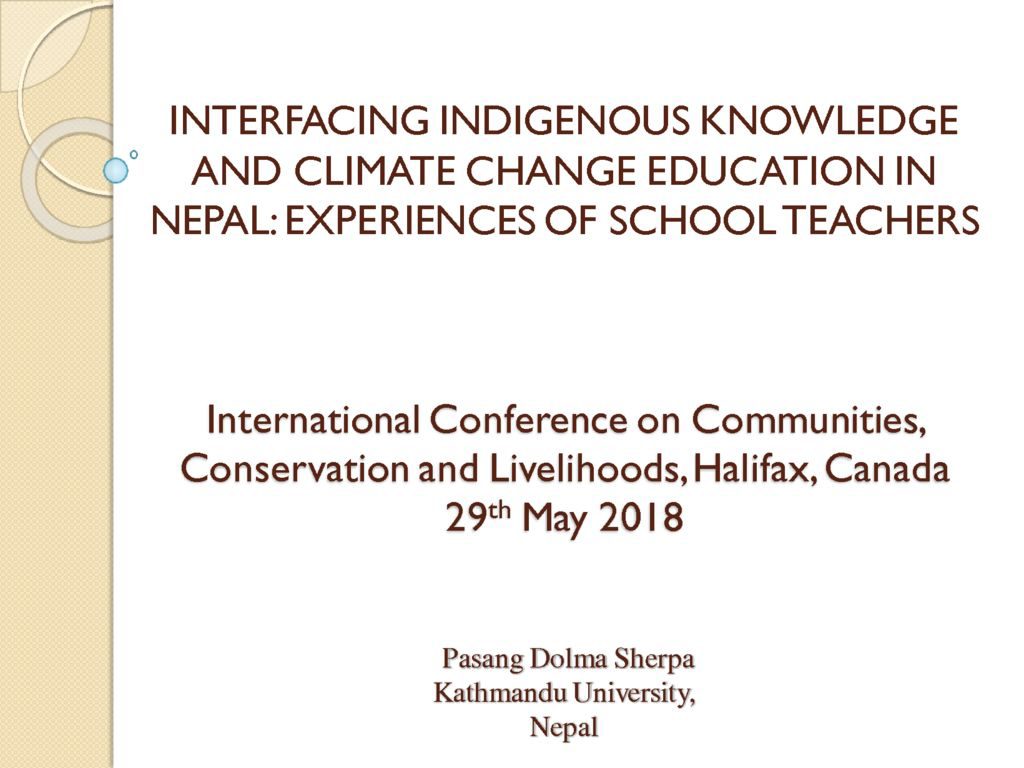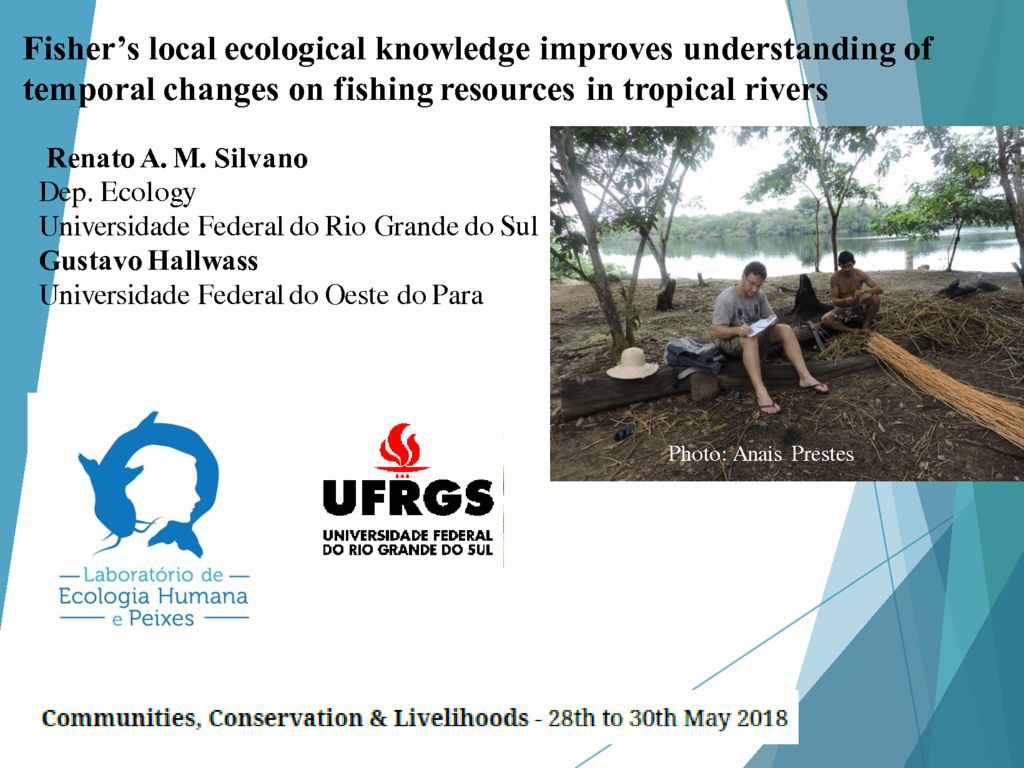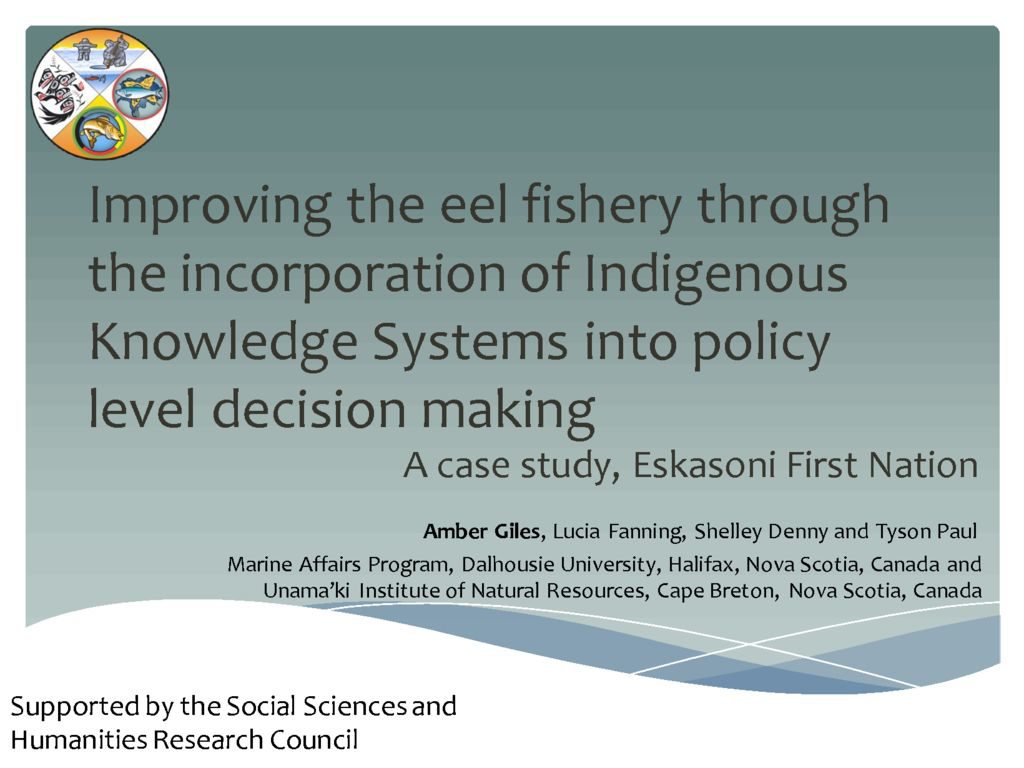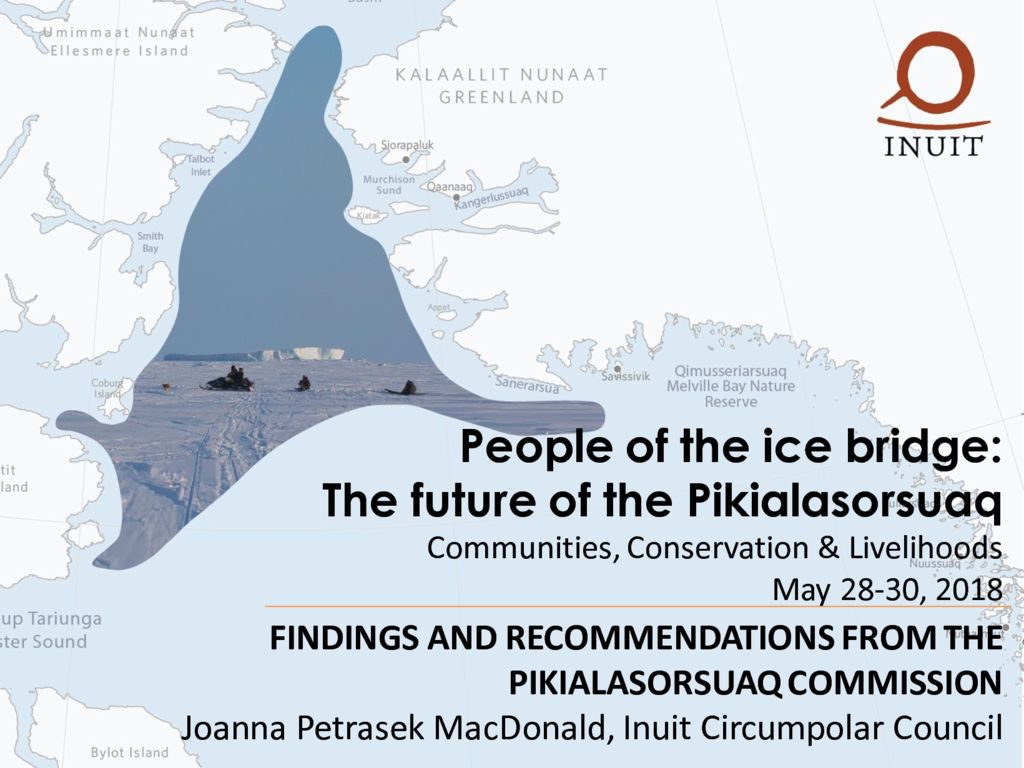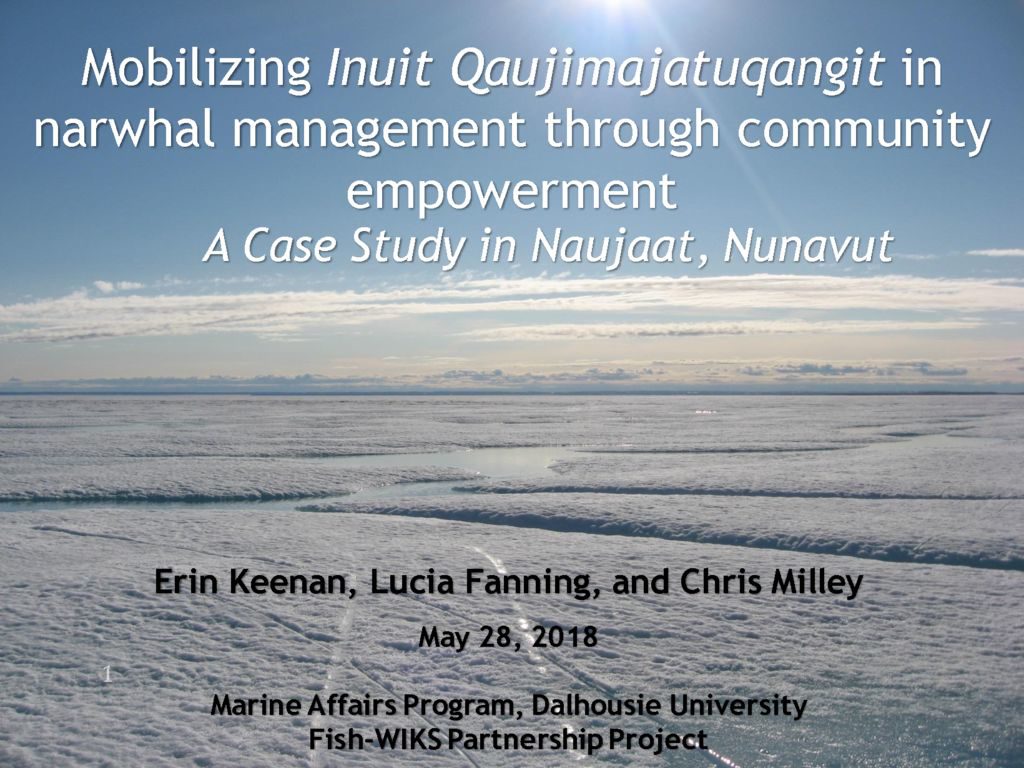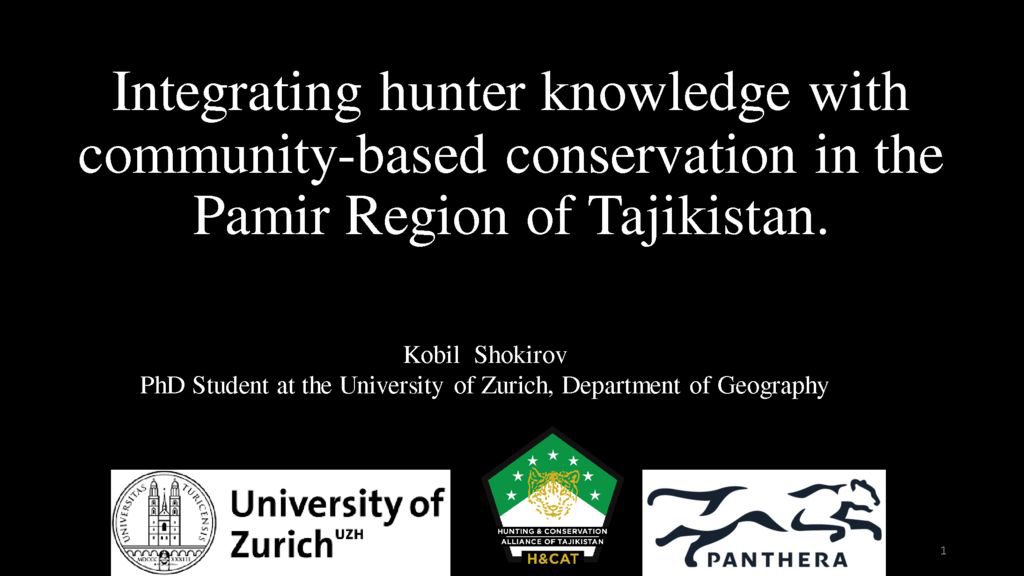22 Mar Local and Traditional Knowledge
Local and traditional knowledge refers to the “understandings, skills and philosophies developed by societies with long histories of interaction with their natural surroundings” (UNESCO, 2017)*. This system of knowledge is generally passed down through generations, encompassing place-based wisdom related to language, spirituality, and resource use practices which can be integrated with western knowledge to provide a foundation for site-specific policy, locally appropriate resource management, and sustainable development.
The resources found on this page present perspectives from communities in Tajikistan, Nepal, and northern Canada which demonstrate the advantages offered through the integration of local and traditional knowledge in community conservation plans. Potential benefits of including this knowledge in science curriculums is discussed, as findings suggest it can facilitate student engagement through the sharing of local examples, while helping students develop a sense of connection to (and responsibility for) the natural environment around them.
Emphasized as a vital feature of effective community conservation, the sharing of knowledge between locals, scientists, land developers, and governments can be a catalyst for trust and cooperation within a community.
Key Themes:
Factors of Success in Community Conservation, Indigenous Issues, Engagement, Education & Empowerment, Places & Spaces
Click titles to expand sections below:
Interfacing indigenous knowledge and climate change education in Nepal: Experiences of school teacher
Fisher's local ecological knowledge improves understanding of temporal changes on fishing resources in tropical rivers
Improving the American Eel Fishery Through the Incorporation of Indigenous Knowledge into Policy Level Decision Making in Canada
People of the ice bridge: Findings and recommendations from the Pikialasorsuaq Commission
Mobilizing Inuit Qaujimajatuqangit in narwhal management through community empowerment: A case study in Naujaat, Nunavut
Traditional Ecological Knowledge and Community Based Wildlife Management: A case study from Tajikistan
Third-Eye Science: academia, fisheries and First Nations
Brendal Townsend (Ocean Tracking Network), Darren Porter (Ocean Tracking Network)
* United Nations Educational, Scientific and Cultural Organization (UNESCO), (2017). What is Local and Indigenous Knowledge?
http://www.unesco.org/new/en/natural-sciences/priority-areas/links/related-information/what-is-local-and-indigenous-knowledge



